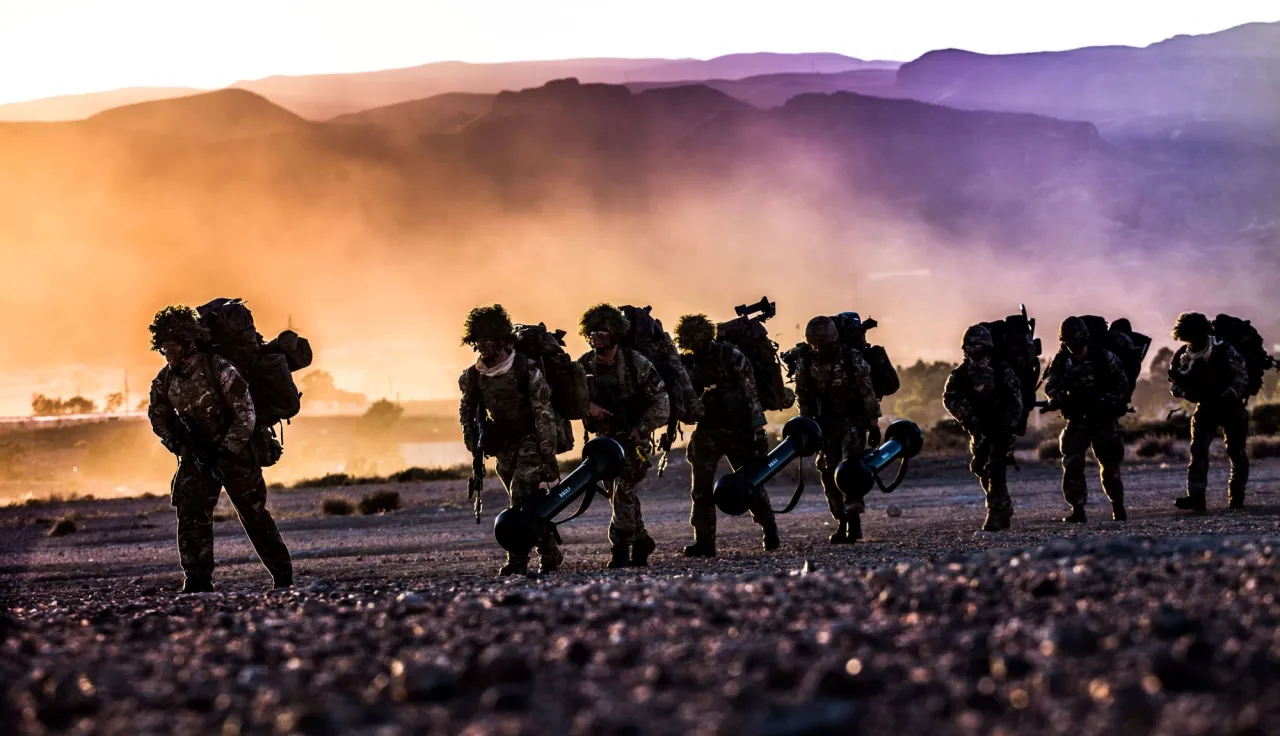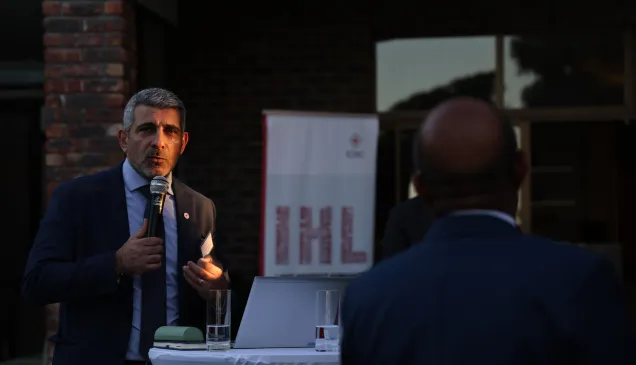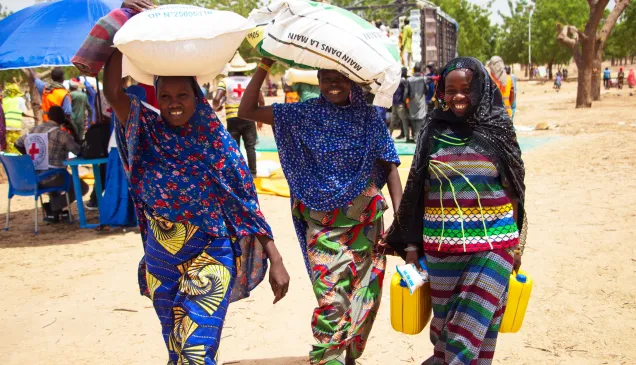Fighting together: Obligations and opportunities in partnered warfare

Partnered warfare — i.e. activities in support of Parties to armed conflict—is a reality that demands attention. For civilians, the sick, the wounded and for persons deprived of their liberty, it can be extremely dangerous. Importantly, States have the opportunity to exercise influence over their partners' behaviour. This influence can and must serve to ensure respect for international humanitarian law (IHL), for the benefit of the victims of armed conflict.
No one fights alone. Today, in Afghanistan, Iraq, Syria, Yemen and elsewhere, coalitions of States pool their resources against common enemies.
Under the auspices of the United Nations, the umbrella of the North Atlantic Treaty Organization (NATO) or in the framework of a myriad of other partnerships, States support one another in a variety of ways: from 'hands-off' contributions, including financing and equipping, to direct support in situ, such as training or instruction and combined military operations. States refuel their allies' aircraft and loan port and other transport facilities. They share intelligence and logistics.
By Cordula Droege and David Tuck



